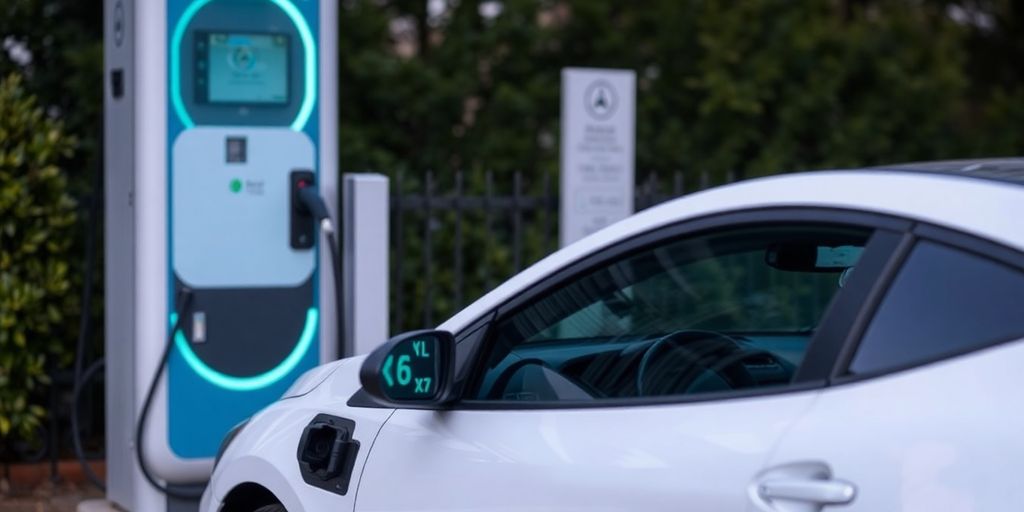Romania has significantly reduced its subsidy for electric vehicles (EVs) as part of the Rabla Auto 2025 Program. The eco-voucher for full-electric or hydrogen fuel cell vehicles has been cut to RON 18,500 (approximately EUR 3,500), a 30% decrease from the EUR 5,000 granted last year. This adjustment aims to make the scheme more sustainable and allow more citizens to benefit from the program under current budgetary conditions.
Key Takeaways
- Electric vehicle subsidies in Romania are halved to approximately EUR 3,500.
- Subsidies for plug-in hybrids, electric motorcycles, hybrid vehicles, and internal combustion engine vehicles remain unchanged.
- The government aims for a more stable and sustainable financing framework for future programs.
Reduced Electric Vehicle Incentives
The Ministry of Environment has proposed a new financing guide for the Rabla Auto 2025 Program, which includes a substantial reduction in support for electric vehicles. The eco-voucher for new full-electric or hydrogen fuel cell vehicles will now be RON 18,500. This figure is considerably lower than the EUR 7,500 that was informally discussed earlier in the year and represents a 30% drop from the EUR 5,000 provided in the previous year.
Unchanged Subsidies for Other Vehicle Types
While the incentives for EVs have been adjusted, the subsidies for other types of vehicles under the Rabla Auto program remain consistent. Purchasers of new plug-in hybrid vehicles or electric motorcycles will still receive RON 15,000. Similarly, the subsidy for new hybrid vehicles is set at RON 12,000, and for new vehicles with internal combustion engines (including LPG/CNG) or motorcycles, the subsidy remains at RON 10,000.
Government’s Rationale and Future Outlook
Diana Buzoianu, the Minister of Environment, Water, and Forests, explained that the adjustment to the electric vehicle eco-voucher was made to ensure broader participation within the existing budgetary constraints. She further stated that the ministry is working on establishing a more stable and sustainable financing framework for the future, with plans to fund the program through the Social Fund for Climate. The overarching goal remains to reduce pollution and facilitate a gradual transition to clean mobility in Romania.






